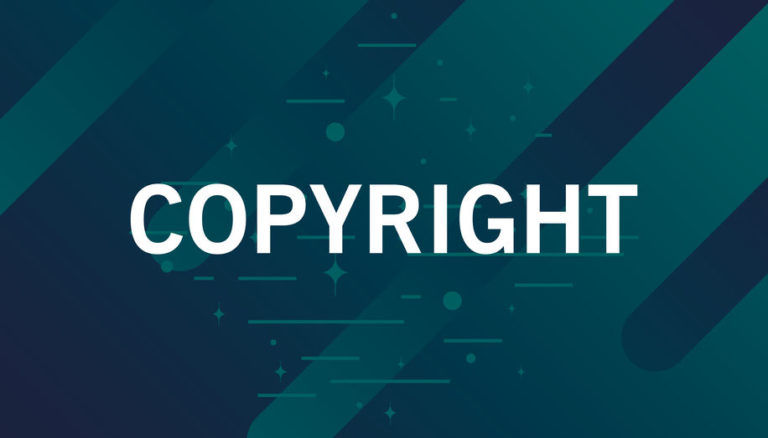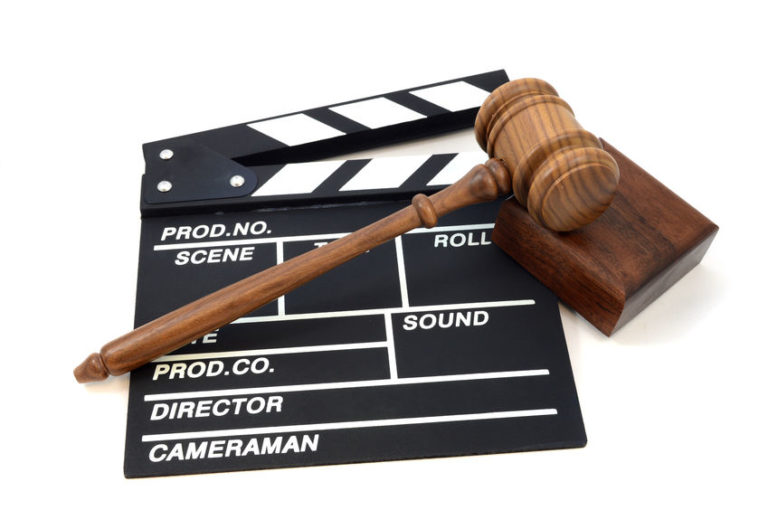
Mitos del Copyright #2 – “Si me Envio la obra por Correo y no abro el Sobre…”
Este método se conoce como el “poor man’s rule”, y propone que si uno adjunta en un sobre copia de, por ejemplo, una composición en guitarra grabada en un disco, y se la envía por correo a sí mismo y no abre el sobre, hará constar, por el sello postal, la fecha de la creación de la obra. En la eventualidad de surgir una disputa entre dos o más personas sobre la autoría de esta, el sello postal autentica al recipiente y la fecha.











